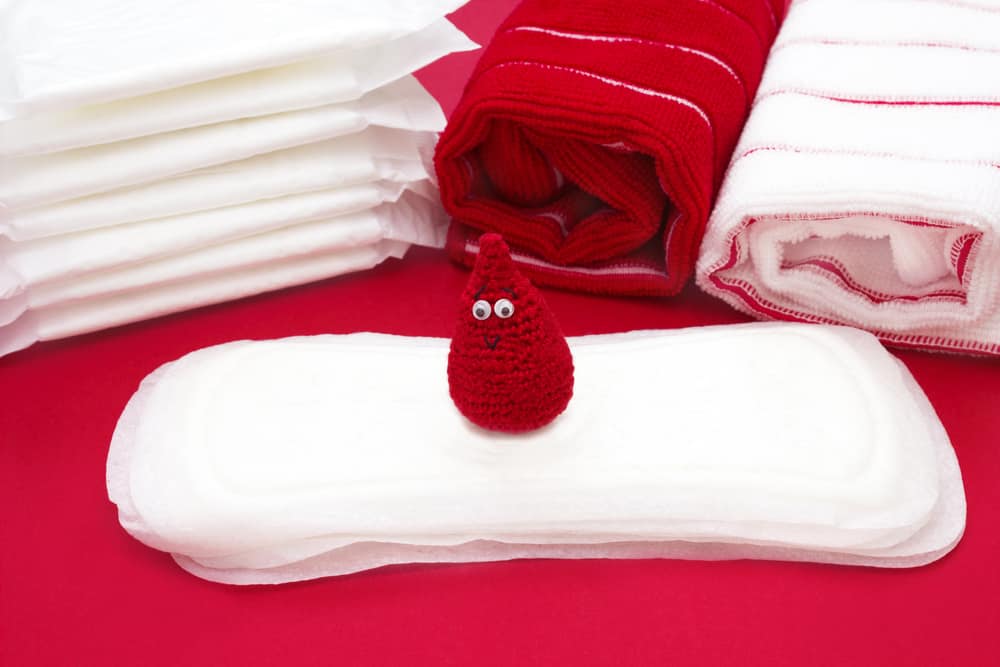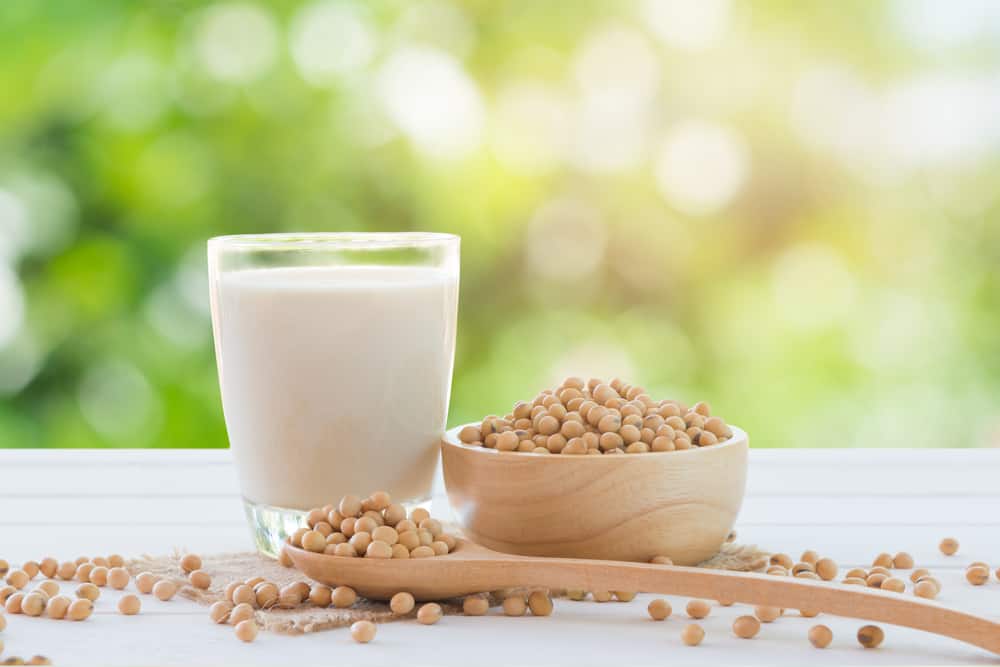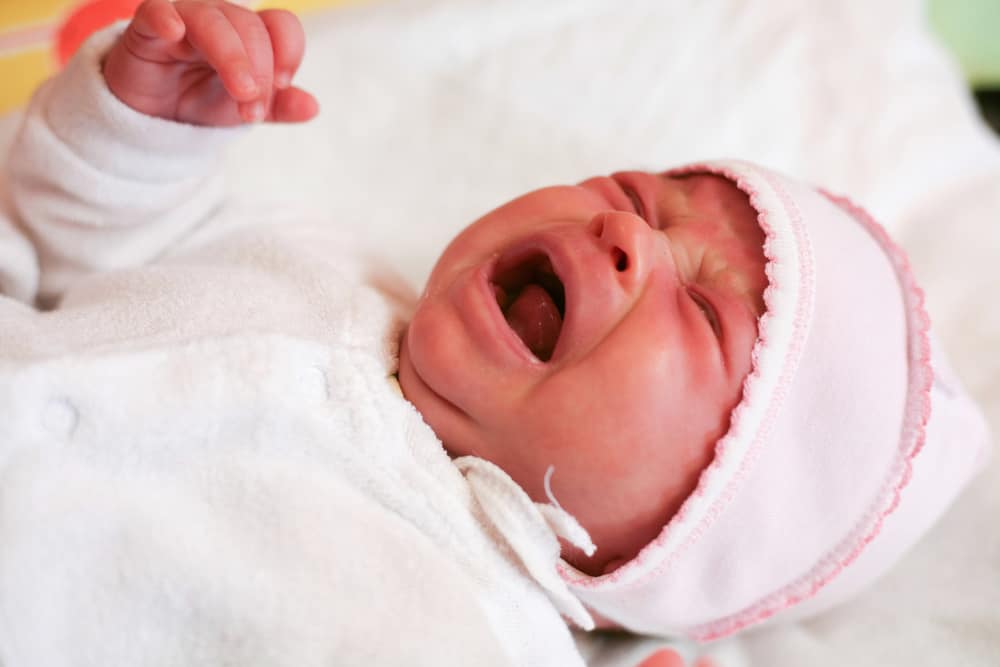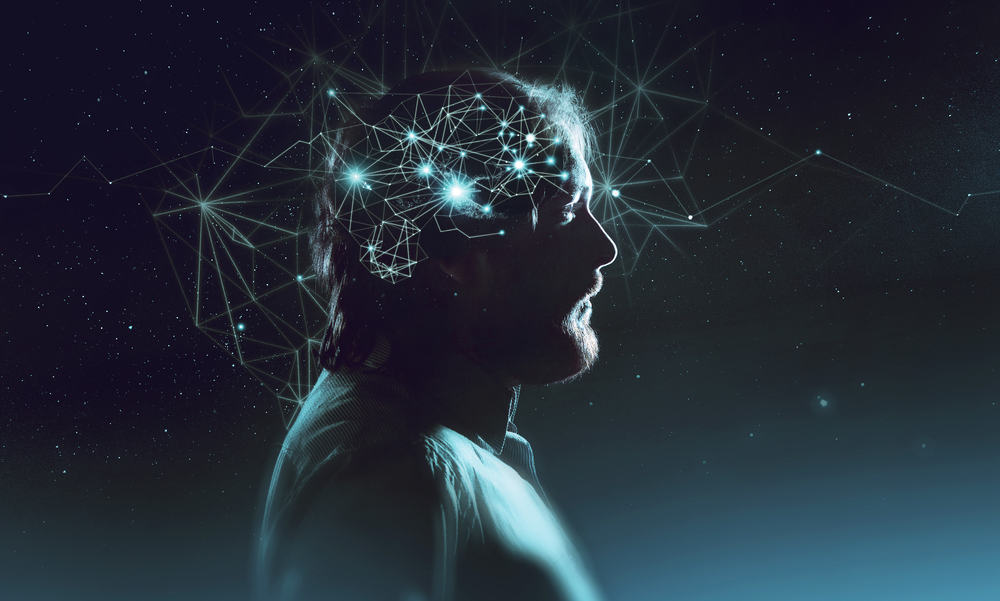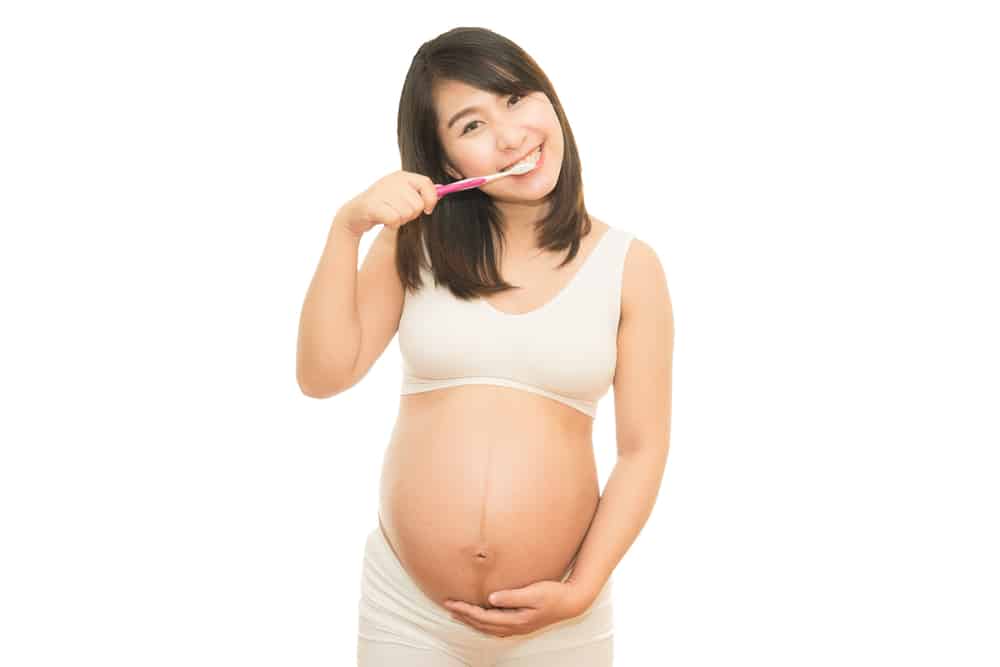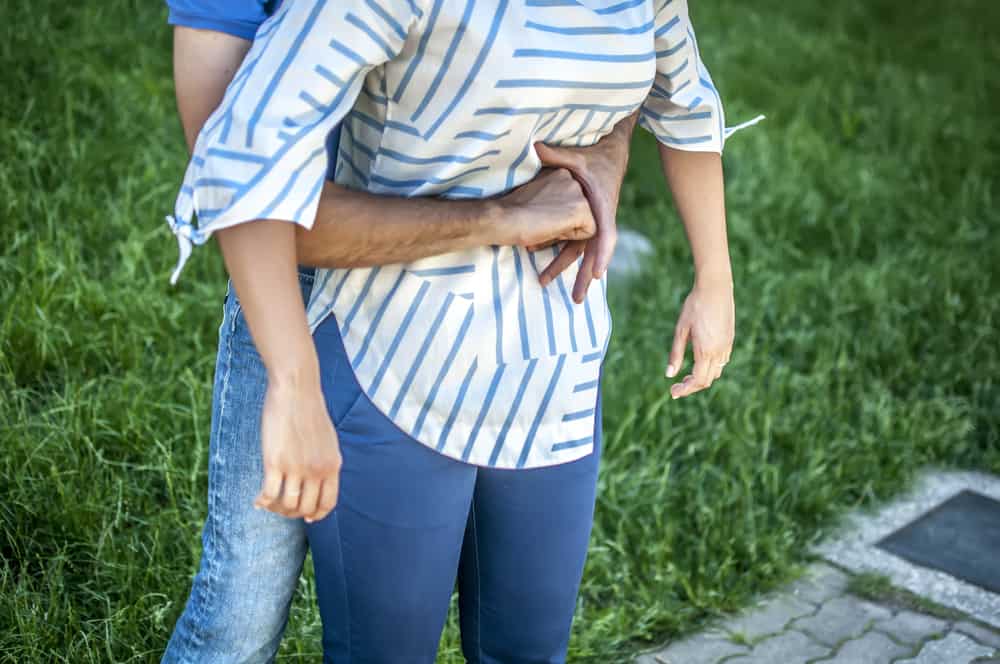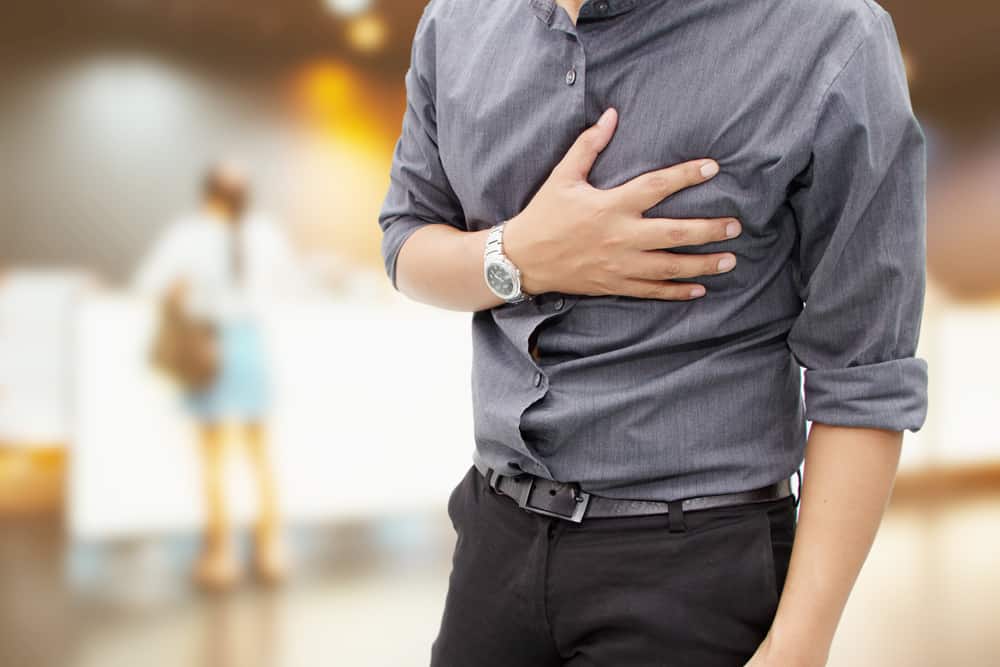Contents:
- Medical Video: Endometriosis
- What happens to the body during menstruation
- On days 1-5 of the menstrual cycle
- On days 6-13 the menstrual cycle
- On days 14-15 the menstrual cycle
- On days 16-28 the menstrual cycle
Medical Video: Endometriosis
When you will enter "red days", you may feel a change in the body and also changes in mood. Some of you may not realize it. But, generally there are indeed the same changes in each of you menstruation. This is influenced by hormonal changes in the body due to menstruation. Then, what changes occur in the body during menstruation?
What happens to the body during menstruation
Regular menstrual cycles with normal menstrual symptoms indicate that the hormones in your body are working properly. Meanwhile, irregular menstrual cycles indicate that there are hormones in the body that have problems. This hormone is not only important for the reproductive system but also important for heart and bone health. This hormone is the hormone estrogen.
Not only the hormone estrogen, other hormones also play a role in the menstrual cycle, affect mood, and can cause changes or symptoms in the body. What happens during the menstrual cycle?
On days 1-5 of the menstrual cycle
The body during menstruation will experience changes. On the first day of menstruation, estrogen and progesterone levels are at the lowest levels. You may feel cramps or pain around the abdomen, from mild to severe levels.
Cramps are caused by the hormone prostaglandin which plays a role in triggering contractions in the uterus so that the uterine lining is eroded and released through menstrual blood. This is because the eggs released by the body are not fertilized by sperm (no pregnancy occurs).
In some women, prostaglandins that are high during menstruation can also cause nausea, vomiting, diarrhea, and even flu-like illness. Meanwhile, decreased estrogen and progesterone can also cause you to become irritable and not feel like yourself.
Don't forget to always keep your vagina clean, especially in your "red days". This is important to prevent vaginal infections. Simply clean the vagina with warm water. Or, you can also use female-containing cleaning products povidone-iodine (not soap), if needed, especially during menstruation.
On days 6-13 the menstrual cycle
This is the last days of menstruation, the blood coming out will disappear little by little. Estrogen levels begin to increase again because the ovary has begun to release more eggs for the next menstrual cycle.
Increased estrogen affects the increase in serotonin and dopamine in the brain and also increases blood flow to the brain. This makes you feel better mentally and physically. This might happen because estrogen can help muscles absorb glucose better, so they can use energy better.
On days 14-15 the menstrual cycle
This is a common time of ovulation (the body releases eggs). At present, your estrogen hormone is at its peak and you are in high sex drive. Having sex around the time of ovulation can increase your chances of getting pregnant.
You might be able to estimate the time of ovulation from various signs, such as basal body temperature slightly increasing during ovulation and changes in mucus in the cervix. Near the time of ovulation, the cervical mucus will look thicker, transparent, and elastic, like egg white.
Around the time of ovulation, you should be careful when exercising. This is because a study has found that women's knee joints tend to be more lax at this time, making them more vulnerable to injury.
On days 16-28 the menstrual cycle
This time can be said as premenstruation. Usually, you might start experiencing unpleasant symptoms, such as:
- The skin is more oily, so you are easy spotty
- Feel tired
- The breasts feel tight
- Headache or migraine
- Easy to get angry
- Experiencing changes mood
- Back pain
- Bloated
- Appetite increases or likes food cravings. If not arrested, this might cause weight gain. As reported by Everyday Healthresearch shows women tend to want to eat foods high in fat and carbohydrates during this phase, which will contribute to excess calories in the body.
Premenstrual symptoms the more visible when approaching the time of menstruation. This is common because the hormones estrogen and progesterone begin to decrease if the egg is not fertilized. Furthermore, menstruation will occur (calculated as the 1st day of menstruation).

